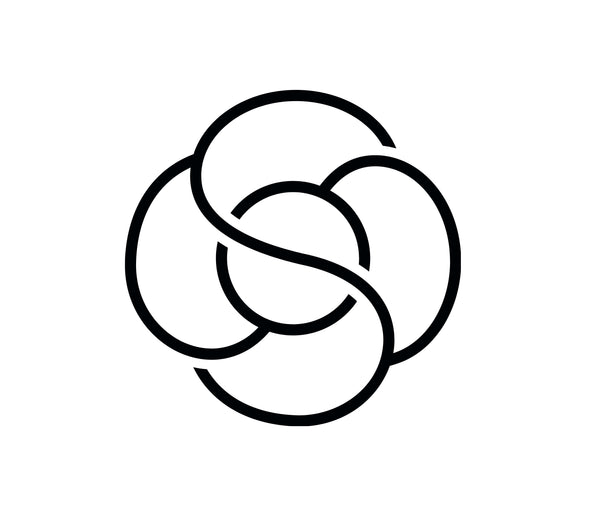The world of non-alcoholic beverages is undergoing a revolution, paralleling the rise of flexitarianism in our diets. While flexitarianism—adopted by nearly 33% of French people, according to a study by Xerfi—advocates for reduced meat consumption in favor of a more plant-based and varied diet, non-alcoholic alternatives are gaining ground, reflecting a similar approach to alcohol consumption. Indeed, a survey by IFOP reveals that 42% of consumers express a desire to reduce their alcohol intake, favoring quality and taste experience over quantity.
This shift towards more conscious and moderate choices is also evident in sales figures. The non-alcoholic beverage market is booming, with a projected growth of over 30% by 2025, according to a study by Global Market Insights. This surge is comparable to the growing interest in flexitarian food products, with the market expected to reach 7.5 billion euros in Europe by the same timeframe.
Consumers, seeking a balance between pleasure and well-being, are now opting for non-alcoholic beers, wines, and spirits that rival their alcoholic counterparts in flavor. This choice reflects a broader trend towards mindful consumption, where the pursuit of well-being takes precedence, akin to the adoption of flexitarianism, which promotes a diet more respectful of the environment and health. Thus, non-alcoholic alternatives are no longer seen as a compromise, but rather as a confident preference for a lifestyle where quality and mindfulness go hand in hand.

